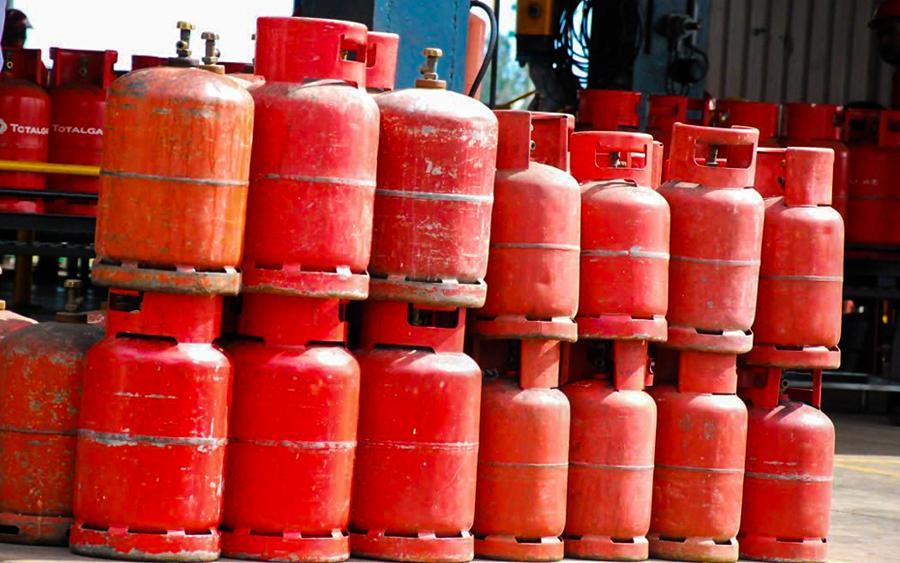The Federal Government of Nigeria has taken a significant step towards addressing the ongoing energy crisis in the country by clearing a substantial portion of its indebtedness to gas companies. According to recent revelations, the government has paid $120 million out of the $1.3 billion owed to gas suppliers for the supply of gas to power gas-fired plants nationwide.
The shortage of power supply has become increasingly dire, with many gas suppliers scaling back or halting their supply of the commodity to power-generating companies due to the outstanding debts owed by the Generating Companies (Gencos) to gas-producing firms.
Chief Adebayo Adelabu, the Minister of Power, had earlier disclosed that the decline in power generation and subsequent poor supply since January could be attributed to gas suppliers’ refusal to provide gas for electricity generation due to the sector’s indebtedness to gas producers.
Nigeria heavily relies on thermal power plants, which run on gas, for over 70% of its electricity needs, with the remainder coming from hydropower-generating plants.
Speaking at the ongoing 7th Nigeria International Energy Summit in Abuja, Ed Ubong, Director of the Decade of Gas Secretariat under the Federal Ministry of Petroleum Resources (Gas), expressed optimism about the government’s efforts in addressing the gas debts. He revealed that the Federal Government had settled $120 million of the $1.3 billion gas debts between October and January.
However, the power sector’s challenges extend beyond gas debts. Recent reports indicate that Nigeria’s power sector owes about N3.3 trillion to electricity generating companies and gas producers. The subsidy on electricity for 2024 is expected to reach approximately N3 trillion, far exceeding the N450 billion budgeted for it in this year’s budget. The government has signaled its intention to move towards a cost-effective tariff model to address these financial challenges.
Ubong highlighted ongoing efforts by the government to develop a framework aimed at mitigating the factors contributing to the accumulation of substantial gas debts in the power sector. He emphasized the importance of collaboration and capacity-building in achieving sustainable solutions for Nigeria’s gas industry.
Meanwhile, the Nigerian National Petroleum Company Limited (NNPCL) has called for increased collaboration among upstream operators, particularly independent producers, to address challenges hindering the effective development of divested assets in the oil sector. Oritsemeyiwa Eyesan, the company’s Executive Vice President, Upstream, stressed the need for collaboration and concrete action to overcome industry challenges and achieve growth in production and asset integrity.













